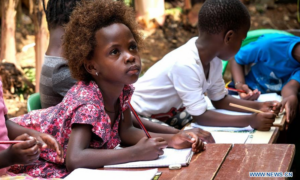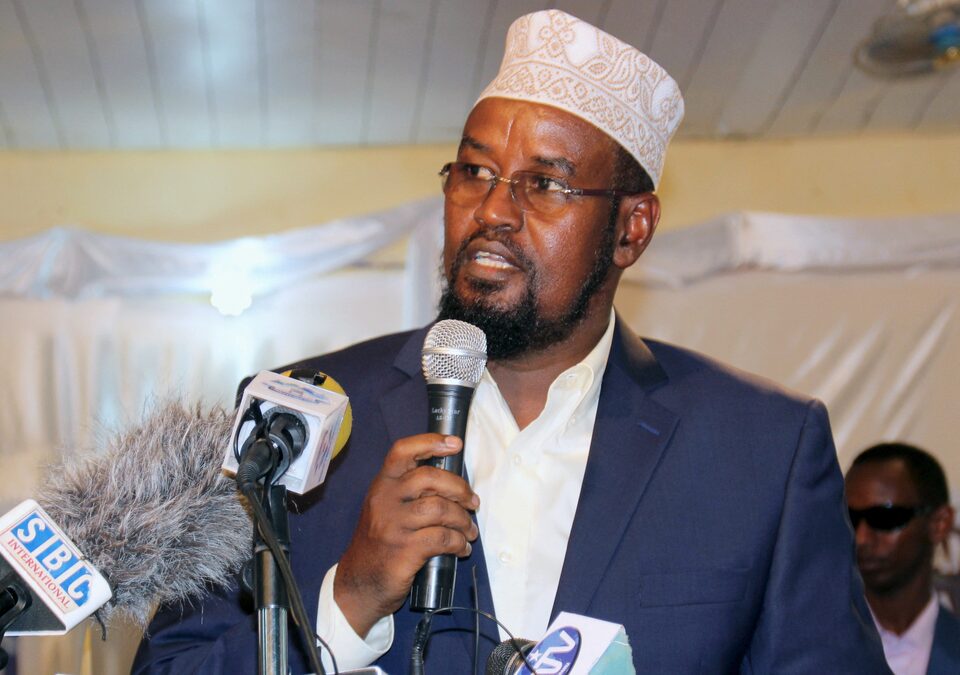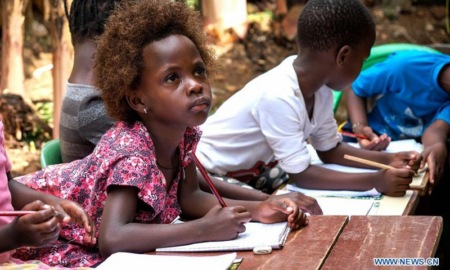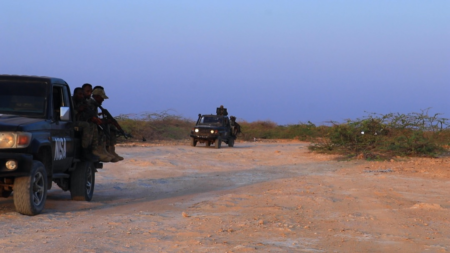Jubaland crisis continue to concern Somalia, earlier Kenya-mediated talks collapsed, reflecting the deepening tensions between the federal government in Mogadishu and Jubaland’s leader, Ahmed Madobe.
Somalia’s President Hassan Sheikh Mohamud is set to travel to Nairobi, Kenya this week for critical negotiations to resolve the political issue of Jubaland.
Background of Jubaland Crisis
Jubaland crisis stems from 2024 regional elections when Madobe secured a third term.
Mogadishu has rejected this outcome, arguing it is unconstitutional and undermines federal authority.
Since then, the standoff has fueled political instability, local clashes, and competing claims of authority in the Jubaland state.
The federal government has attempted to assert parallel administration structures in Jubaland.
In order to diminish Madobe’s control and pressure him to negotiate or step aside.
Kenya and Ethiopia have historically backed Madobe’s administration, complicating Mogadishu’s strategy.
Why Kenya is A Key Actor in Jubaland Crisis?
Somalia’s president expressed reluctance about external mediation but acknowledged limited domestic options.
In Nairobi, he will likely meet Kenya’s President William Ruto to discuss pathways for intervention, oversight, or mediation to resolve Jubaland crisis.
Kenya is a key actor, it borders Jubaland and has been a supporter of Madobe’s regional authority.
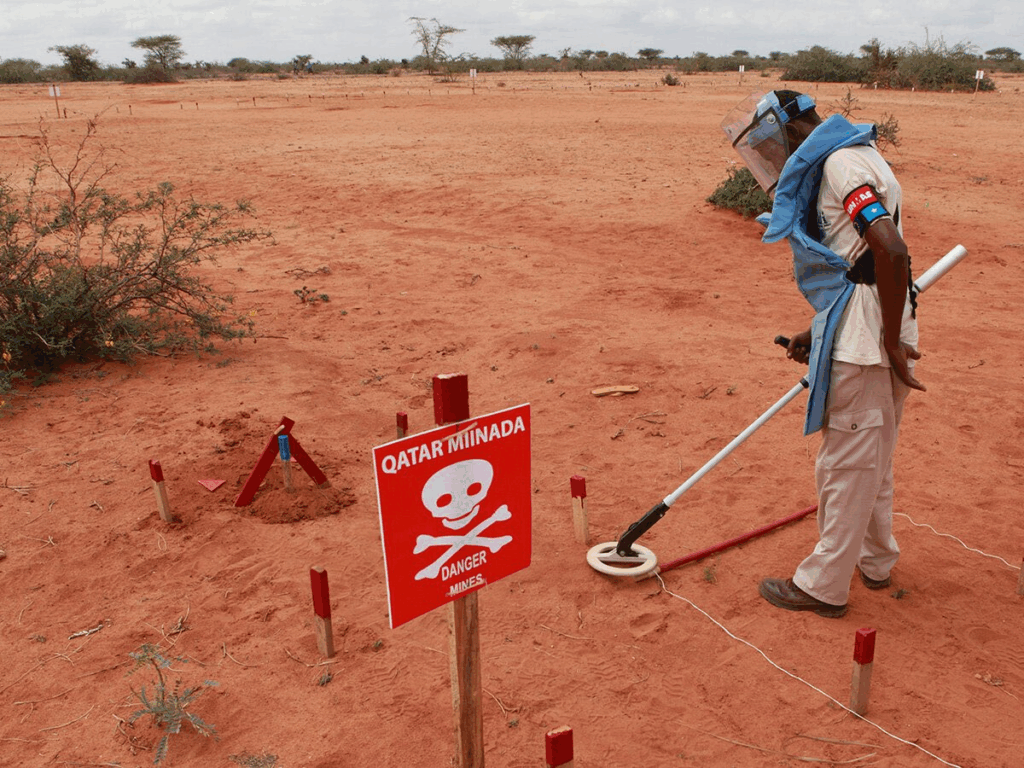
Why Engaging Regional Partners in Important?
Mogadishu’s decision to engage Nairobi underscores both the diplomatic complexity and its strategic calculus, whether Kenya will side with the federal government or continue backing the regional administration remains uncertain.
In recent days, President Mohamud also visited Addis Ababa to consult with Abiy Ahmed, Ethiopia’s Prime Minister, though those talks reportedly ended without agreement.
National Security Implications and Federal-Regional Dynamics
Jubaland crisis is more than a local dispute.
It highlights broader weaknesses in Somalia’s federalism architecture, the balance of regional autonomy, and central authority.
Jubaland occupies a strategic border region and includes the important port city of Kismayo.
Control over Jubaland carries significant security, economic, and political weight.
If the federal government succeeds in installing a parallel administration or undermining Madobe’s legitimacy, the move could cascade into a wider power struggle across other federal states.
Instability Weakens Somalia Federal Government
It might also provoke armed resistance or localized insurgency, given Jubaland’s sizeable regional forces and influence.
Furthermore, the instability weakens the government’s ability to address security threats in southern Somalia, including militant infiltration and al-Shabaab activity.
When federal and regional administrations clash, coordination against extremist groups often suffers.
Possible Outcomes and Prospects:
- Negotiated settlement: Through Kenyan mediation, the government and Madobe may reach a compromise on power-sharing, election timelines, or constitutional amendments.
- Parallel administration imposition: Mogadishu may attempt to enforce its parallel structure, but risk stoking conflict and pushing Jubaland into de facto separation.
- Stalemate and deterioration: Talks may falter again, deepening political division and setting a precedent for other regions.
- Security escalation: Tensions might escalate into armed confrontations—something both sides seek to avoid but which remains a risk.
Jubaland Confrontation Tests Somalia’s State-building Trajectory
President Mohamud’s trip to Kenya could mark a turning point, if diplomatic channels yield progress, Mogadishu may reestablish trust with Jubaland and stabilize the south.
But failure could embolden federal fragmentation.
Somalia’s leadership now faces a delicate balance: enforcing federal authority without alienating regional actors.
Jubaland confrontation tests Somalia’s state-building trajectory and ability to preserve unity.
The success or failure of Kenya-mediated talks may determine whether Somalia can heal fault lines within its federal system or drift further into regional discord.
In a fragile state operating amid insurgencies, constitutional ambiguity, and external pressures,mJubaland crisis is a flashpoint.
The next steps—from Nairobi conversations to outcomes on the ground—will define Somalia’s political future.


